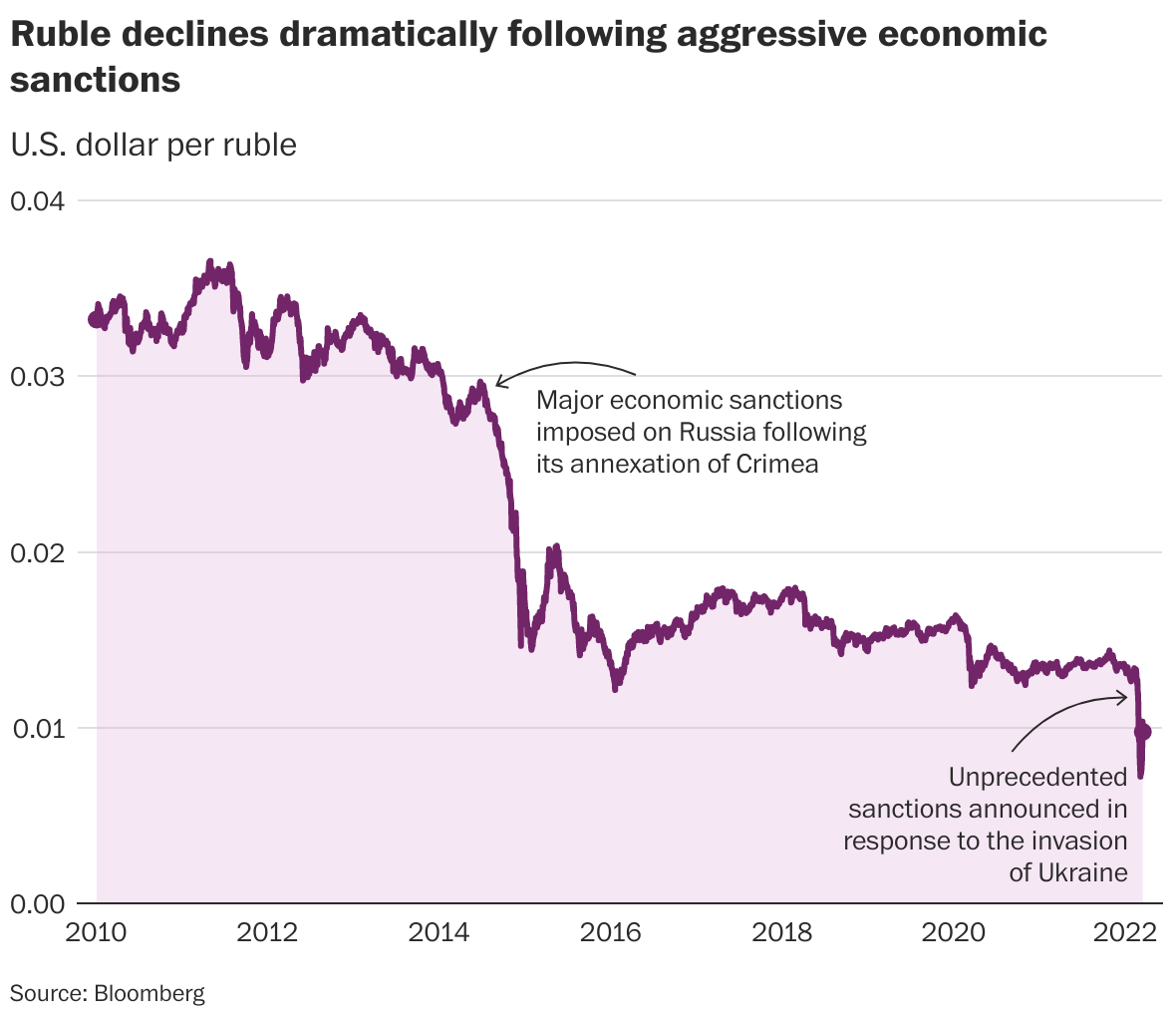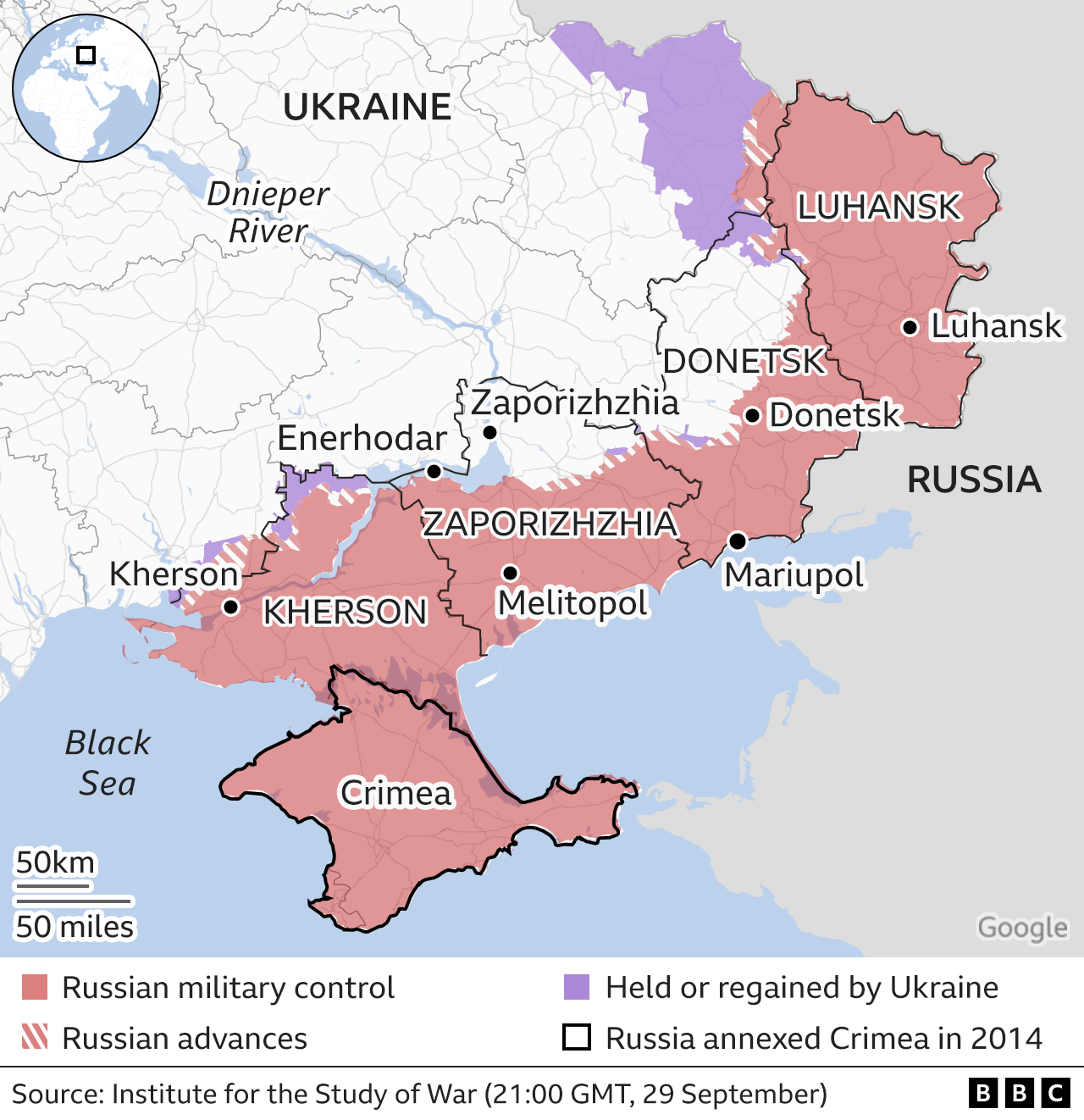Strained Ties: Trump Eyes Sanctions Against Russia

Table of Contents
Historical Context: A Legacy of Sanctions and Confrontation
The history of US-Russia relations is punctuated by periods of both engagement and hostility, often reflected in the imposition of sanctions. These sanctions, used as tools of foreign policy, aim to pressure Russia to alter its behavior on the international stage. Understanding this history is crucial to grasping the potential implications of future sanctions.
- Specific Instances of Sanctions:
- 1970s-1980s Cold War: Sanctions related to the Soviet invasion of Afghanistan and the suppression of human rights.
- 1990s Post-Cold War: Sanctions imposed following the Russian intervention in Chechnya.
- 2014 Annexation of Crimea: Extensive sanctions were imposed after Russia's annexation of Crimea and its involvement in the conflict in eastern Ukraine. These sanctions targeted key Russian individuals, businesses, and sectors of the economy.
- 2016 US Election Interference: Sanctions were levied in response to allegations of Russian interference in the 2016 US presidential election.
The underlying geopolitical reasons for these past sanctions often stemmed from Russia's actions deemed to violate international norms and agreements, including its disregard for national sovereignty, its support for authoritarian regimes, and its alleged involvement in cyber warfare and election meddling. These actions often violate international laws and agreements such as the Budapest Memorandum on Security Assurances and the Charter of the United Nations.
Potential Triggers for Renewed Sanctions Under Trump (or Future Administrations)
Several actions by Russia could trigger the re-imposition or escalation of US sanctions, regardless of the administration in power. The potential for renewed conflict remains a significant factor.
- Specific Scenarios:
- Further Aggression in Ukraine: Any renewed military offensive or escalation of the conflict in eastern Ukraine could lead to immediate and severe sanctions.
- Continued Interference in Foreign Elections: Further evidence of Russian interference in democratic processes in the US or other countries would likely prompt a strong response, including sanctions.
- Cyberattacks Targeting US Infrastructure: Successful large-scale cyberattacks against critical US infrastructure could trigger retaliatory sanctions and broader countermeasures.
- Violations of Arms Control Treaties: Any breach of existing arms control agreements, such as the New START treaty, would be a major concern and could result in punitive sanctions.
The political pressures on any US president to act decisively in response to such provocations are immense, both domestically from those demanding a firm stance against Russian aggression and internationally from allies expecting a unified response.
Economic and Geopolitical Implications of Sanctions
The imposition of sanctions against Russia carries significant economic and geopolitical implications, affecting both Russia and the United States, as well as the global economy.
- Potential Impacts:
- Impact on Global Energy Markets: Sanctions affecting Russian oil and gas exports could significantly disrupt global energy markets, leading to price volatility and impacting energy security worldwide.
- Effects on Russian Financial Institutions: Sanctions targeting Russian banks and financial institutions could severely limit their access to international capital markets, potentially destabilizing the Russian economy.
- Consequences for US Businesses Operating in Russia: American companies operating in Russia would face significant challenges and potential losses under a new wave of sanctions.
- Potential Retaliatory Measures from Russia: Russia could retaliate with its own economic countermeasures, such as restricting access to Russian resources or targeting US businesses operating within its borders.
The broader geopolitical implications could include further deterioration of US-Russia relations, straining alliances and potentially leading to increased regional instability.
Alternative Approaches to Addressing US-Russia Tensions
While sanctions can be a powerful tool, they are not a panacea for resolving US-Russia tensions. Alternative approaches should be considered and prioritized.
- Possible Strategies:
- Enhanced Dialogue and Diplomacy: Strengthened communication channels and diplomatic efforts could help de-escalate tensions and find common ground.
- Arms Control Negotiations: Renewed efforts to negotiate arms control agreements could help reduce the risk of military conflict and enhance mutual security.
- Increased Cooperation on Areas of Mutual Interest: Focusing on areas of common interest, such as combating climate change or tackling global health crises, could foster cooperation and build trust.
- International Collaboration to Address Shared Challenges: Working with international partners to address shared concerns, such as terrorism or cybersecurity threats, could promote a more collaborative approach to international relations.
Each of these alternatives presents both advantages and disadvantages and requires careful consideration of the specific context and goals.
Conclusion
The potential for renewed sanctions against Russia under a US administration remains a complex and multifaceted issue with significant implications for global security and the international order. Understanding the historical context, potential triggers, and economic and geopolitical ramifications is crucial for navigating this challenging landscape. The effectiveness of sanctions, compared to alternative strategies such as diplomacy and cooperation, remains a subject of ongoing debate.
Understanding the intricacies of the potential for renewed sanctions against Russia is crucial for anyone following US foreign policy and international relations. Stay informed about the evolving situation, and continue to monitor the implications of decisions regarding sanctions and their impact on strained US-Russia ties. Further research into the topic of US sanctions against Russia will provide a deeper understanding of this ever-changing geopolitical landscape.

Featured Posts
-
 Irish Euro Millions Jackpot Winners Ticket Sale Locations And Results
May 28, 2025
Irish Euro Millions Jackpot Winners Ticket Sale Locations And Results
May 28, 2025 -
 Ukraine Granted Permission To Strike Deep Into Russia Merzs Decision
May 28, 2025
Ukraine Granted Permission To Strike Deep Into Russia Merzs Decision
May 28, 2025 -
 Broadstairs Residents Life Changes After Winning 105 000 On The National Lottery
May 28, 2025
Broadstairs Residents Life Changes After Winning 105 000 On The National Lottery
May 28, 2025 -
 Finance Loans Explained A Comprehensive Guide For Borrowers
May 28, 2025
Finance Loans Explained A Comprehensive Guide For Borrowers
May 28, 2025 -
 Rebecca Blacks Unexpected Ama Outfit Shotgun Wedding Chic In Las Vegas
May 28, 2025
Rebecca Blacks Unexpected Ama Outfit Shotgun Wedding Chic In Las Vegas
May 28, 2025
